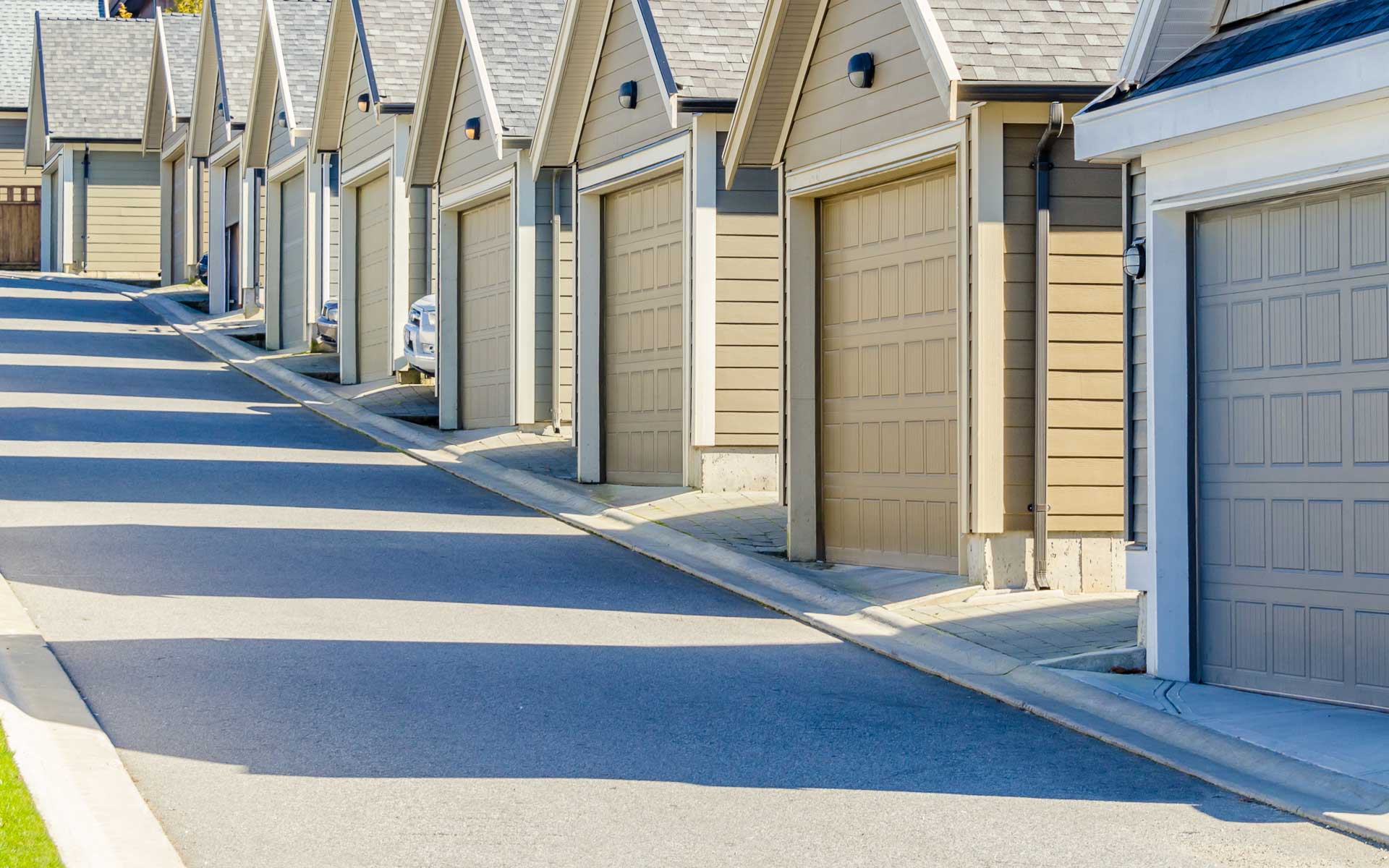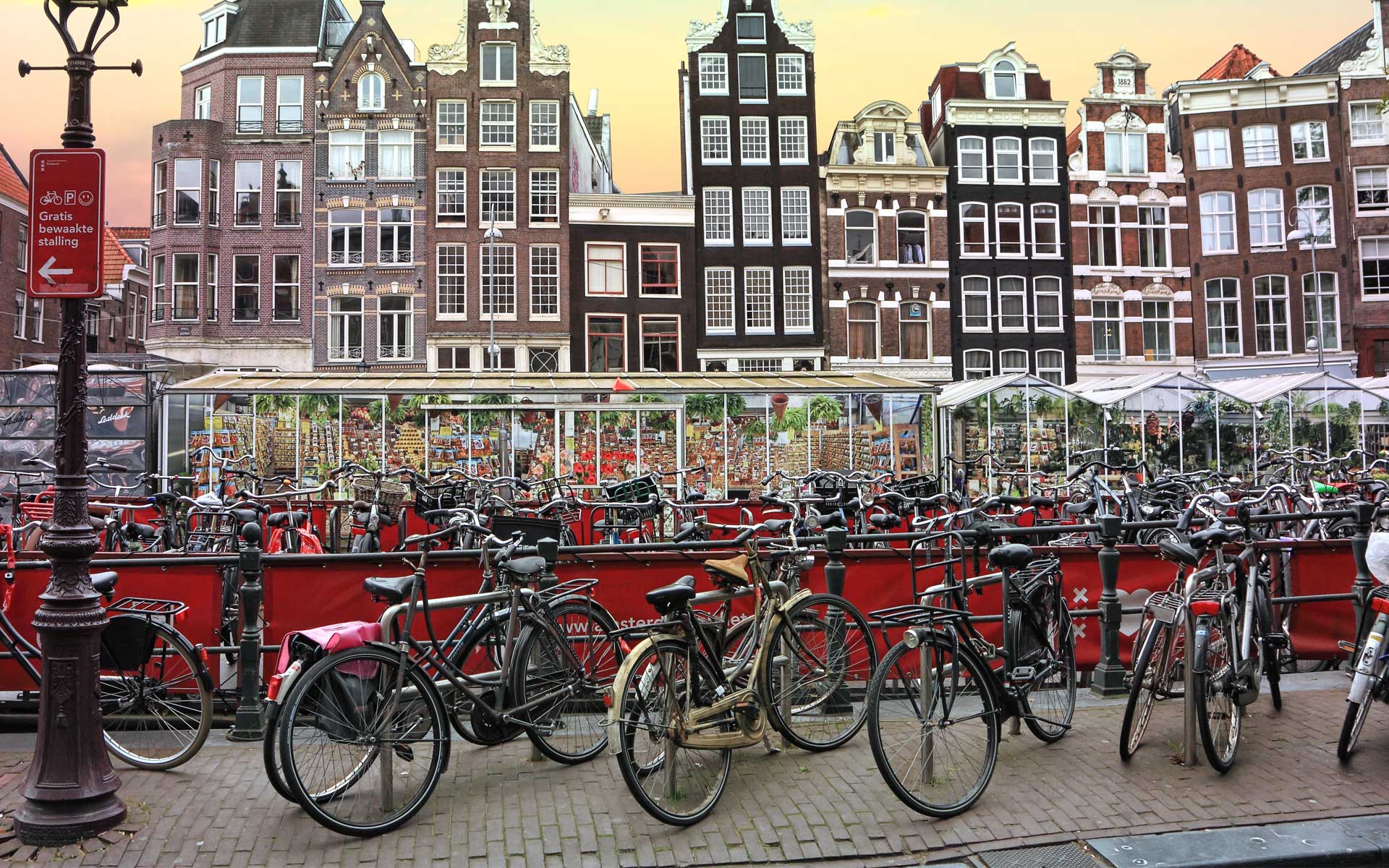How long until we can really start making design changes to our community as a result of automation?
My dad forwarded me a video today -- Why Energy & Transportation will be Obsolete by 2030, and I could tell that it was a bit of an "ah ha" moment for him. We had discussions a couple of years ago, where I explained to him that the cars, and as a result our infrastructure needs are changing rapidly. Continuing to author "car first" communities (as much of Calgary is designed) is building "in the past" if we're being honest with contemporary thought and the speed of change (arguable).
A forward thinking concept of communities acknowledges the changes in technology that are adopted in a radically fast manner -- much more influenced by technology and as a result Moore's law. We're going to look back at communities that feature small yards but large garages with wide roads as a weird type of trash that litters suburban modernity.
In a very simple way of thinking about this, "why are companies still building homes and condos that have garages for cars?" Or better yet, why aren't cities more pro-active in encouraging change with incentives.I will never own another car in my life (with the exception of my travelling van). Subscription services (similar to what you're seeing with Netflix, Spotify, Slack) will dominate all previous ideas of ownership, and as a result, the space we participate in.
In this sense, Uber's current value is that it's built to be a taxi company of the future, with a self-driving fleet that runs on algorithms to make commuting (and parking) as efficient as possible. Car2go is also heavily invested in this idea, with parking already negotiated in most of the tech-forward cities like Austin and Amsterdam. Think of all the space on streets where cars are currently parked, or massive roads built for with parking and congestion in mind -- all relatively empty. This will look radically different in 15 years, and as a result it's our chore is to start changing these spaces in alignment with the technologies we can reasonably predict.
Here's the video my dad shared.
update: it's nice to see the lead architect over at Apple talk about transportation and garage mentality in the future:
Apple’s headquarters feature a massive underground garage built to hold 11,000 vehicles. Today, that’s an amenity. But not too far in the future, it’s entirely possible that cars (and garages) will be far less important. “Maybe the conventional garage needs to be rethought and rethought now,” Foster continued. “Maybe if I had a second time around I’d be putting a lot of persuasive pressure to say, ‘Make the floor-to-floor of a car park that much bigger, so if you’re not going to be filling it with cars in the future you could more easily retrofit it for more habitable space.”



